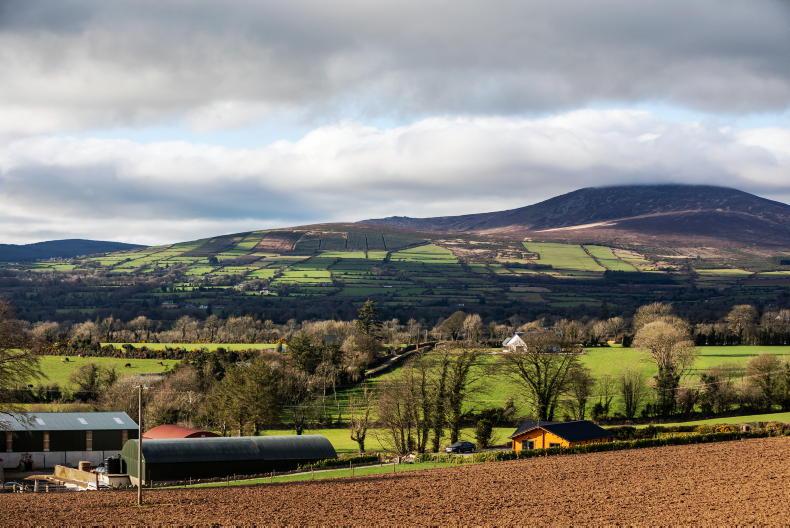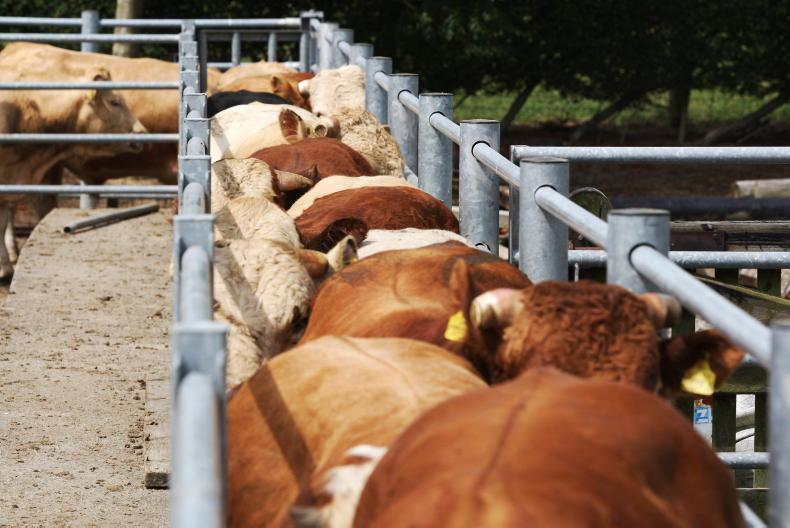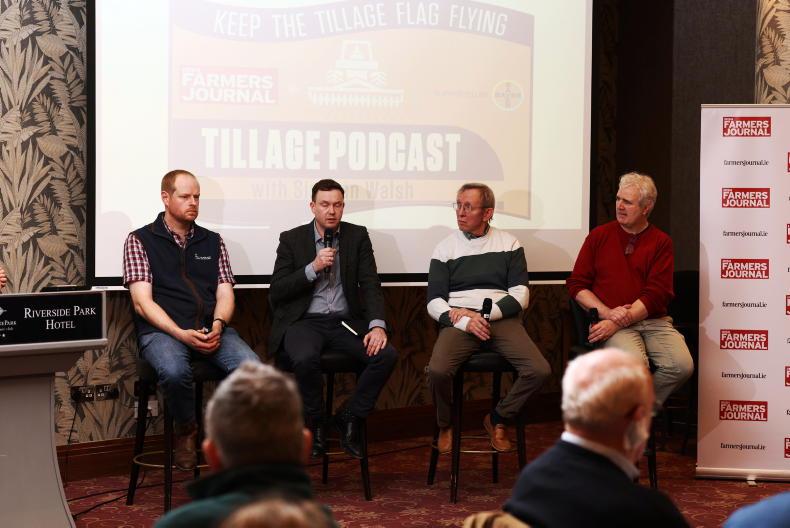Social Farming could be unrolled to more farms in Ireland under the next Common Agriculture Policy (CAP) budget.
The pilot programme currently pays farmers up to €80/day/participant, but a submission has been made to include it in future farm schemes.
Social Farming provides an interactive experience for participants from vulnerable sectors of society such as youth and dementia services and enables them to take part in constructive farm activities in a natural farm family environment.
“We made a submission to the Department’s consultation for the next Common Agricultural Policy (CAP) budget,” Brian Smyth, project manager for Social Farming Ireland said.
“Those programmes and schemes in Pillar II are looking at the development of rural areas they’re looking at the development of farms as they are, so I can’t see why Pillar II funding can’t support a structure to develop it.”
In the UK, the average cost for a day session on a Care Farm is £52/participant
To date, the Department of Agriculture has been very supportive of Social Farming, with the pilot programme receiving funding from the Rural Innovation Fund, which is worth €1.5m in total.
“Over half of last year’s funding went to social farming and we’re hoping 40% to 50% of funding will go to social farming again, subject to the minister’s approval,“ an Assistant Principal from the Department Annamarie McNally told a Social Farming conference last week in Dublin.
Social Farming is already a key part of social services in the UK, where it’s called Care Farming.
Care Farming UK has received positive indications that it will receive significant increased government support post-Brexit.
In the Netherlands Social Farming is offered as a profession
“In the UK the average cost for a day session on a Care Farm is £52/participant, and the average Care Farm see’s about 35 participants a week,” Rachel Bragg, development co-ordinator for Care Farming UK said.
“Placements on UK Care Farms are funded through different streams, such as local authority funding or by community mental health funding.
“We’ve spoken to Michael Gove (UK minister in charge of agriculture) and he seems very supportive of Care Farming and in the 25-year Environment Plan, the government has committed to the expansion of Care Farming to 1.3m places by 2023.”
In the Netherlands, Social Farming also holds a key role in helping people from vulnerable sectors with government funding and professional farmer training.
Wouter Joop, who runs a Social Farm in the Netherlands, told the Irish Farmers Journal that Social Farming really took off after 1999.
“They are well-trained farmers, in about seven agricultural colleges in the Netherlands Social Farming is offered as a profession, so the services that farmers provide are professional and the payment is also professional.”
Read more
Social farming on the rise in NI
€80/day for Social Farming
Social Farming could be unrolled to more farms in Ireland under the next Common Agriculture Policy (CAP) budget.
The pilot programme currently pays farmers up to €80/day/participant, but a submission has been made to include it in future farm schemes.
Social Farming provides an interactive experience for participants from vulnerable sectors of society such as youth and dementia services and enables them to take part in constructive farm activities in a natural farm family environment.
“We made a submission to the Department’s consultation for the next Common Agricultural Policy (CAP) budget,” Brian Smyth, project manager for Social Farming Ireland said.
“Those programmes and schemes in Pillar II are looking at the development of rural areas they’re looking at the development of farms as they are, so I can’t see why Pillar II funding can’t support a structure to develop it.”
In the UK, the average cost for a day session on a Care Farm is £52/participant
To date, the Department of Agriculture has been very supportive of Social Farming, with the pilot programme receiving funding from the Rural Innovation Fund, which is worth €1.5m in total.
“Over half of last year’s funding went to social farming and we’re hoping 40% to 50% of funding will go to social farming again, subject to the minister’s approval,“ an Assistant Principal from the Department Annamarie McNally told a Social Farming conference last week in Dublin.
Social Farming is already a key part of social services in the UK, where it’s called Care Farming.
Care Farming UK has received positive indications that it will receive significant increased government support post-Brexit.
In the Netherlands Social Farming is offered as a profession
“In the UK the average cost for a day session on a Care Farm is £52/participant, and the average Care Farm see’s about 35 participants a week,” Rachel Bragg, development co-ordinator for Care Farming UK said.
“Placements on UK Care Farms are funded through different streams, such as local authority funding or by community mental health funding.
“We’ve spoken to Michael Gove (UK minister in charge of agriculture) and he seems very supportive of Care Farming and in the 25-year Environment Plan, the government has committed to the expansion of Care Farming to 1.3m places by 2023.”
In the Netherlands, Social Farming also holds a key role in helping people from vulnerable sectors with government funding and professional farmer training.
Wouter Joop, who runs a Social Farm in the Netherlands, told the Irish Farmers Journal that Social Farming really took off after 1999.
“They are well-trained farmers, in about seven agricultural colleges in the Netherlands Social Farming is offered as a profession, so the services that farmers provide are professional and the payment is also professional.”
Read more
Social farming on the rise in NI
€80/day for Social Farming








SHARING OPTIONS